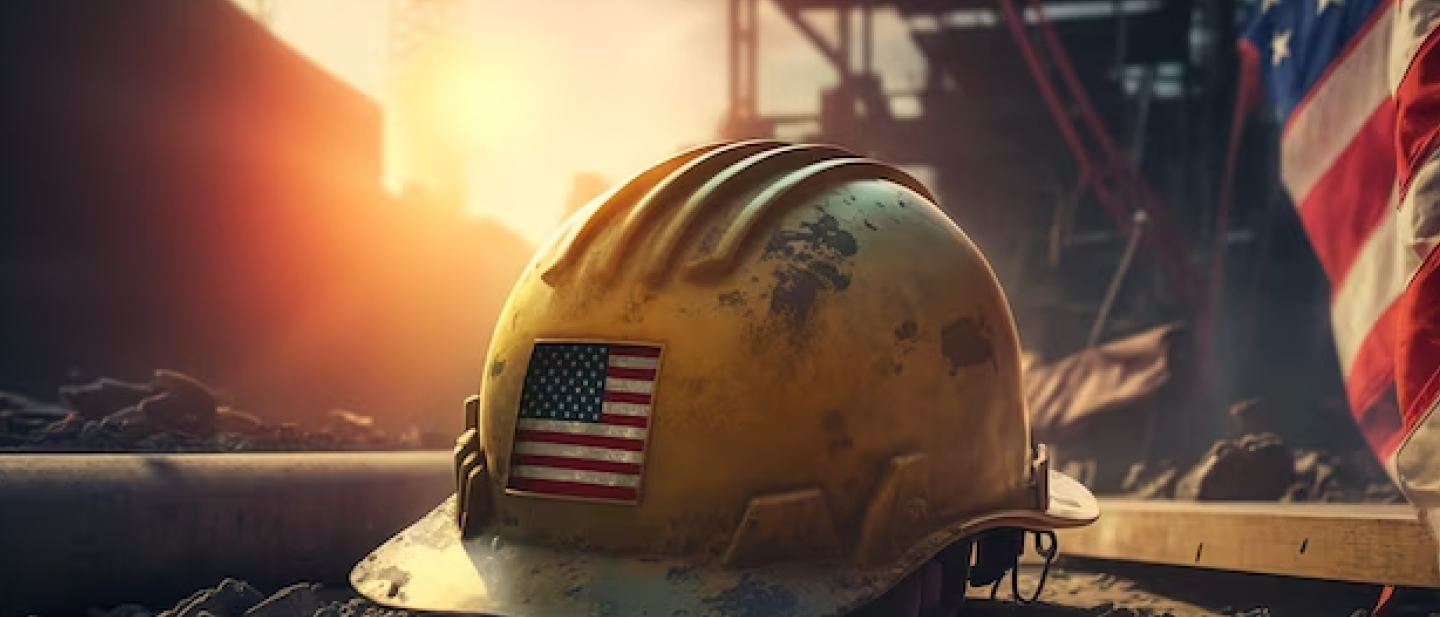DANIEL’S TAKE
Working Hard, Staying Poor: Unveiling America’s Labor Day Realities

As many Americans celebrate a well-deserved break from work on Labor Day—a symbol of relaxation and leisure, a “day off” to savor the last moments of summer, I wanted to take a moment to reflect on the tens of millions of low-wage American workers for whom Labor Day is not a holiday but another long day on the job. These individuals, who work tirelessly at irregular hours, for low pay, and with few benefits, rarely enjoy the luxury of a day off. To the men, women, and children that do not have the luxury of a day off, we pay homage and give thanks to each of you and shed light on the historical context of Labor Day, a day rooted in the struggle for basic workplace rights.
Labor Day, which falls on the first Monday in September, serves as a tribute to the American workforce. It’s a day to honor the contributions of workers and the labor movement’s achievements. However, for a significant portion of the population, this day is a stark reminder of the economic hardships they face day in and day out.
The working poor in America encompass a diverse group of individuals, including essential workers, service industry employees, and those in the gig economy. They often find themselves caught in a relentless cycle of working hard but struggling to make ends meet. Despite their dedication to a 40-hour work week and the critical roles they play in our society, they remain underpaid, undervalued, and under appreciated.
It’s crucial to recognize that Labor Day was not always a national holiday associated with leisure and relaxation. Its origins lie in a time when workers fought tirelessly for basic workplace rights. In the late 19th century, American labor conditions were far from ideal. Workers, including men, women, and children, toiled in hazardous environments, often for excruciatingly long hours and meager wages.
One of the key factors leading to the establishment of Labor Day was the labor movement’s struggle for improved working conditions. Workers demanded safer workplaces, reasonable working hours, and fair wages. They called for an end to child labor and the exploitation of laborers. The struggle for basic workplace rights was not an easy one, and it required significant sacrifices from those who dared to speak out against the status quo.
The labor movement gained momentum, and labor unions played a pivotal role in advocating for workers’ rights. It was in this climate of change and progress that Labor Day was officially recognized as a federal holiday in 1894. It was a significant victory for the labor movement and a testament to the power of collective action.
Today, as we celebrate Labor Day with our picnics and parades, we must remember the original spirit of this holiday. We should take a moment to reflect on the progress made in the past century while recognizing that the struggle for workers’ rights is far from over. Many low-wage American workers still face daunting challenges in their daily lives.
Working hard but staying poor is, indeed, an injustice. The cost of living continues to rise, while the minimum wage remains stagnant in many areas. The gap between the wealthy and the working poor continues to widen. These individuals often juggle multiple jobs to make ends meet, leaving them with little time for rest or leisure.
Furthermore, the lack of benefits and job security adds another layer of insecurity to their lives. Many low-wage workers do not have access to healthcare, paid leave, or retirement plans. They are one illness or emergency away from financial catastrophe, living on the edge of a precipice that threatens to plunge them into poverty.
Labor Day should serve as a reminder of the ongoing fight for economic justice. It’s a day to acknowledge the resilience and determination of low-wage American workers who persevere despite the odds stacked against them. It’s a day to recognize that there is still much work to be done to ensure fair wages, workplace safety, and equal opportunities for all.
As we enjoy the festivities of Labor Day, let us not forget the millions of low-wage American workers who continue to experience this day as another day on the job. They are the backbone of our economy, and their contributions should be valued and rewarded accordingly. Labor Day was born out of a time when workers fought for basic workplace rights, and we must carry that spirit forward by advocating for the rights and dignity of all workers. Poverty may look different in the United States than in developing countries, but injustice looks the same everywhere. Working hard but staying poor is, indeed, an injustice, and it’s one that we must work together to rectify. Thank you, America’s workforce, for your dedication and perseverance in the face of adversity. Your hard work deserves to be recognized and rewarded, not just on Labor Day but every day.
